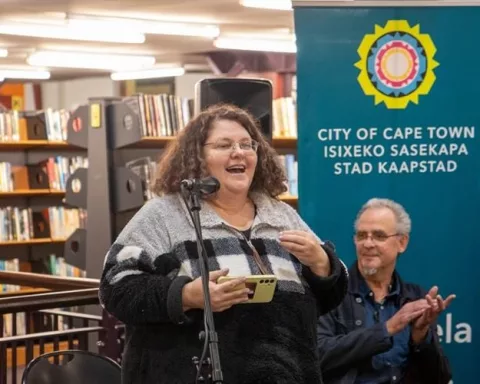The Southern African Oil and Gas Conference recently took place, where delegates from developing nations gathered to discuss the impact of the upstream petroleum industry on their economies. The conference aimed to seek solutions from developing countries, rather than developed countries, and facilitated the sharing of experiences, including Guyana’s experience.
The Impact of Rising oil prices
The increasing prices of crude oil on the international market have had devastating effects on oil-importing countries like South Africa. These high fuel prices have led to increased transportation costs and food inflation, which have adversely affected poor households. As a result, it is necessary to accelerate oil and gas exploration onshore and offshore to mitigate these issues.
South Africa’s Policy Interventions
South Africa has taken steps to enhance the growth of its oil and gas industry through policy interventions. The Gas Master Plan outlines the importance of gas for the country, while the Upstream Petroleum Development Bill seeks to separate the sector from other Acts, thus increasing regulatory certainty and potentially boosting investor confidence.
The Role of Natural Gas in South Africa
Natural gas is a crucial component of South Africa’s Integrated Resource Plan of 2019, accounting for 3% of the country’s energy supply. Technical studies have shown that for South Africa to meet its emission reduction targets, renewable energy gas is necessary to support the network and ensure supply security. Indigenous gas can also be used for manufacturing liquid fuels.
The Growing Market for Local Gas in Africa
Europe’s increased interest in diversifying its gas supplies has created a growing market for local gas in Africa. However, it is crucial not to prioritize exports to Europe at the expense of domestic and regional markets.
The Potential Benefits of Oil Discoveries
The recent oil discoveries in Namibia could potentially make the country one of the top five oil-producing countries in sub-Saharan Africa and benefit the region by substituting diesel usage in power generation.
Sustainable development of the oil and gas sectors in Southern Africa is crucial for fostering economic growth, re-industrialization, manufacturing, and job creation. It is also necessary to build stronger ties on inter-African oil and gas trade to drive regional and continental economic development.








